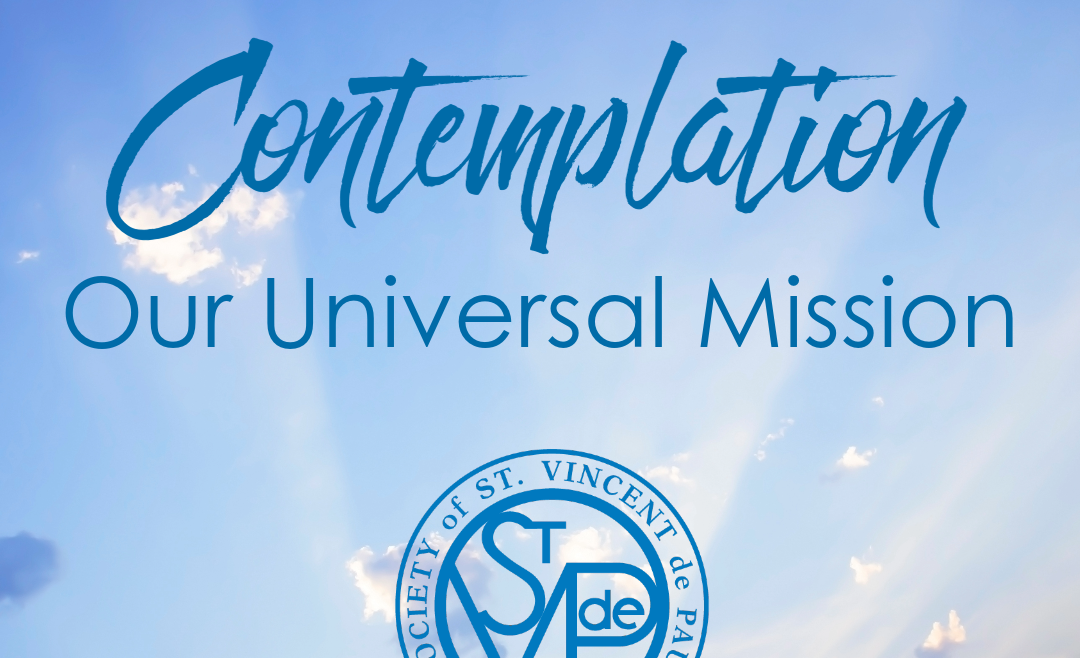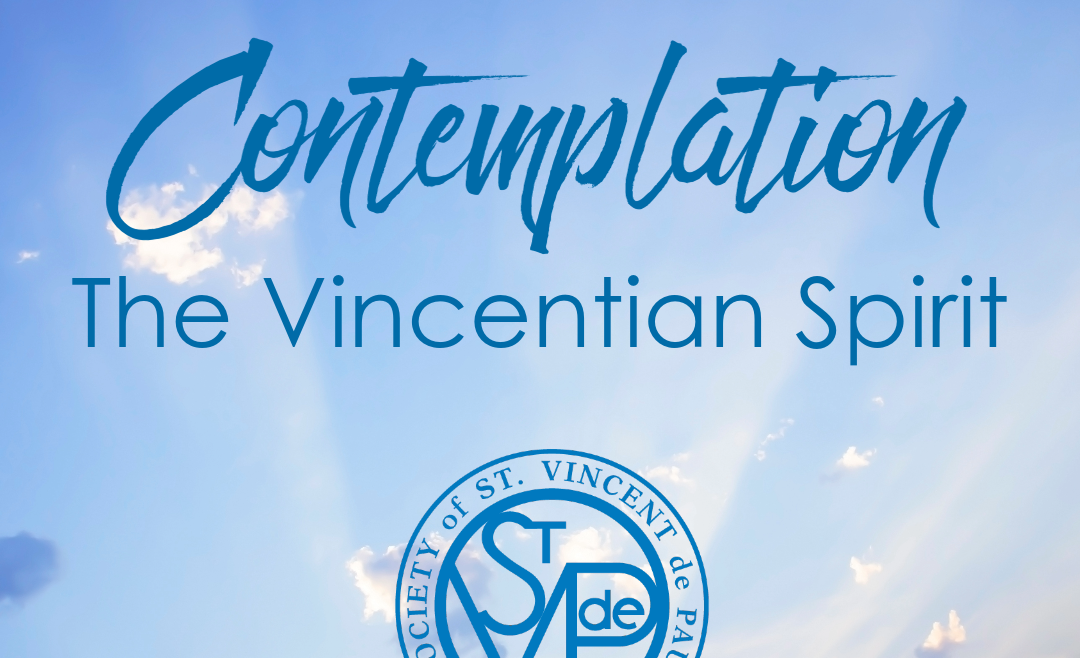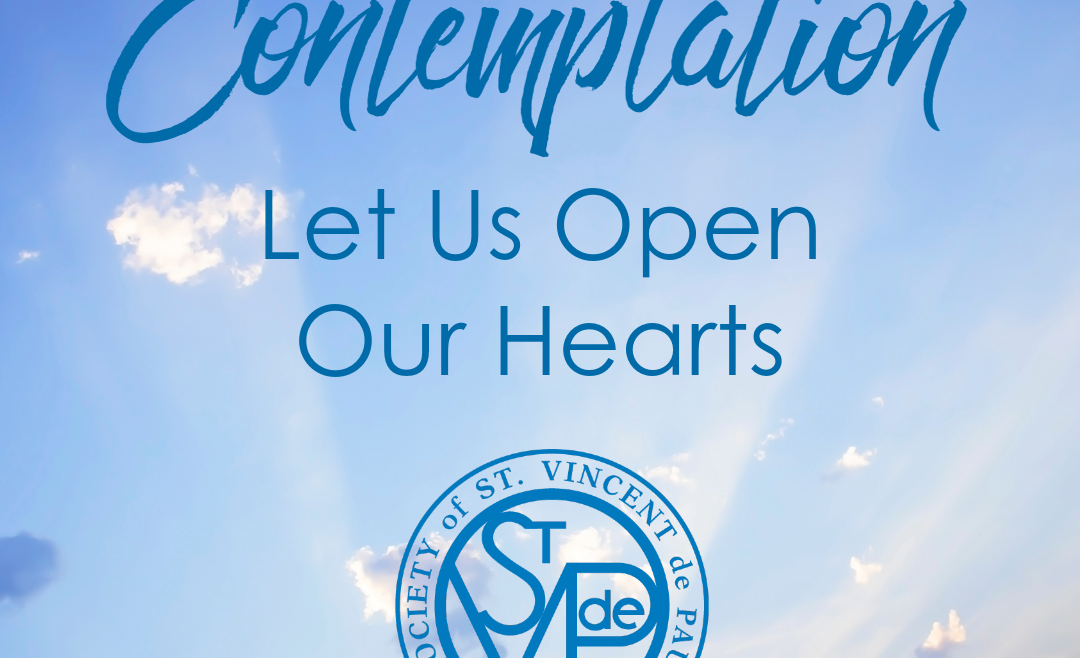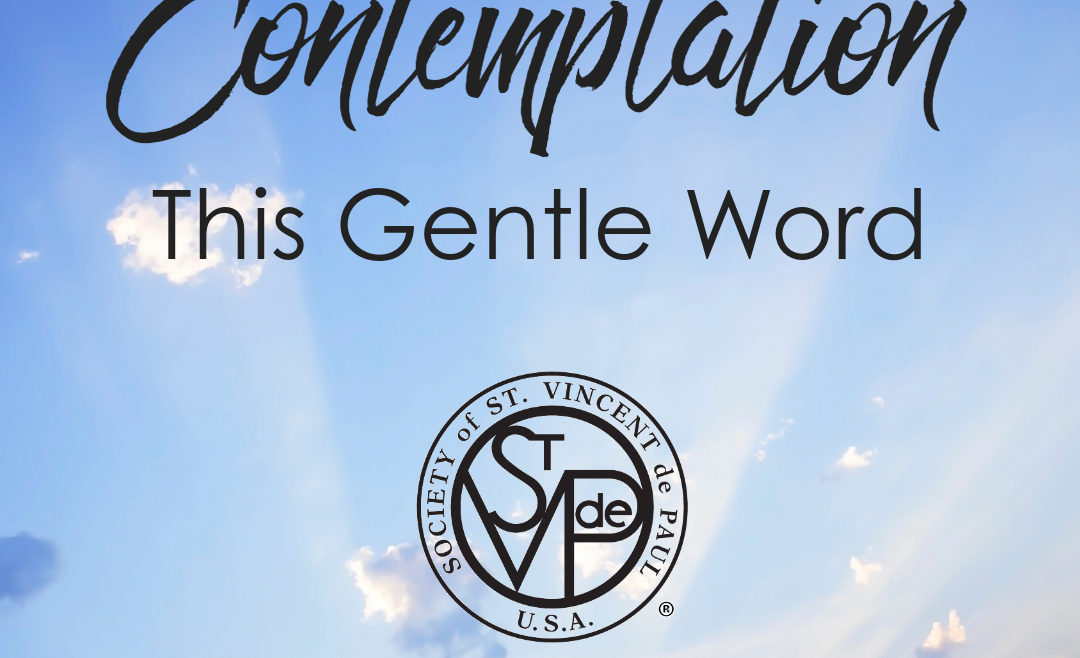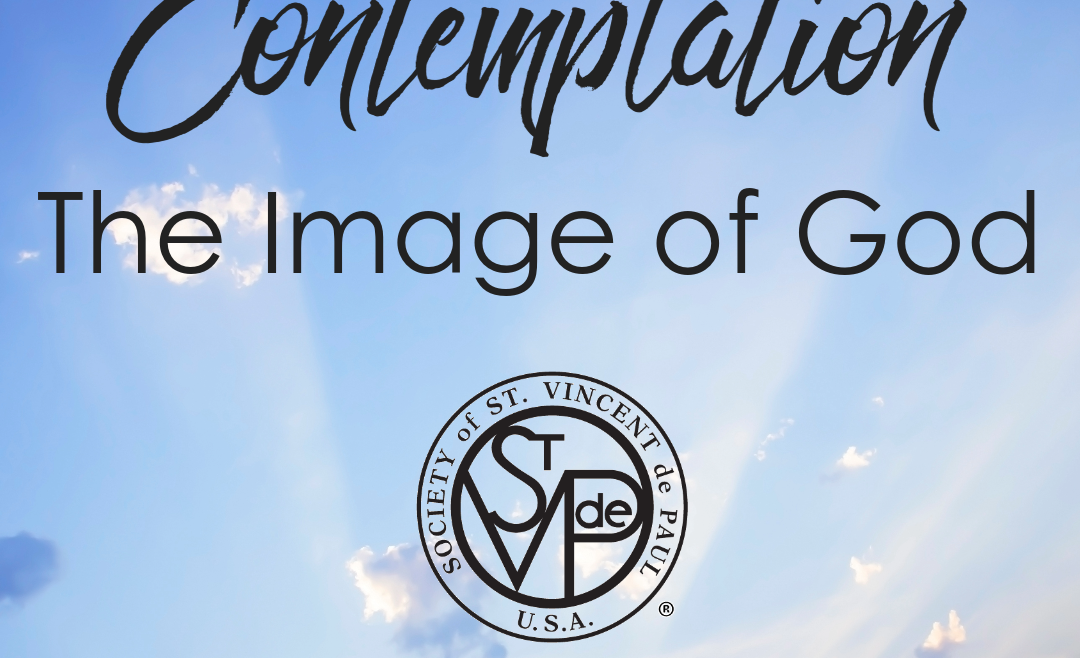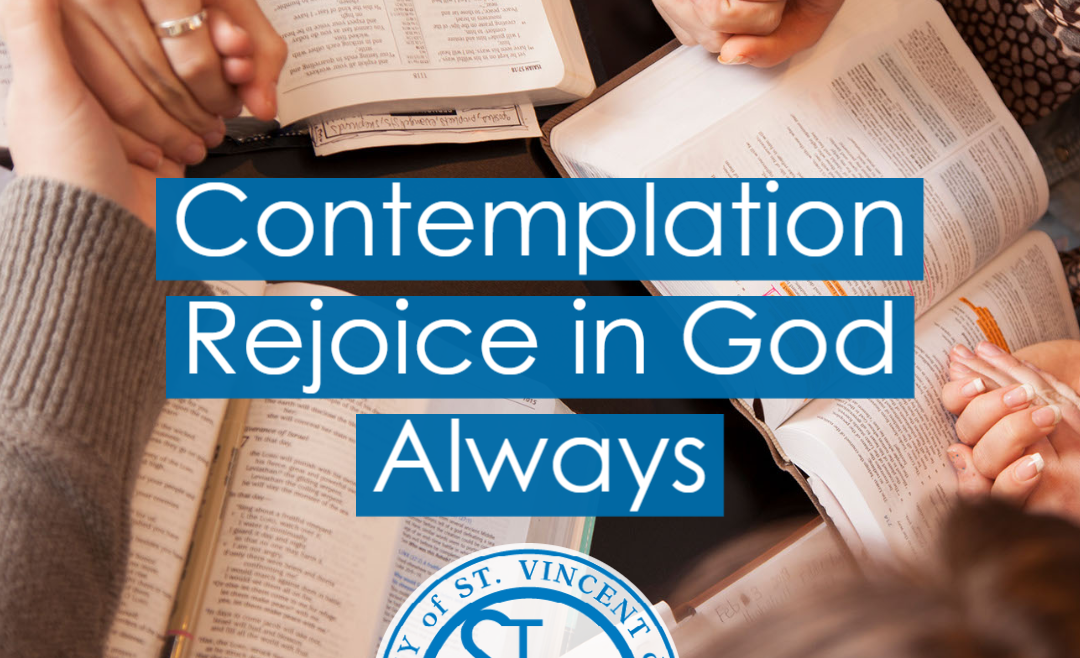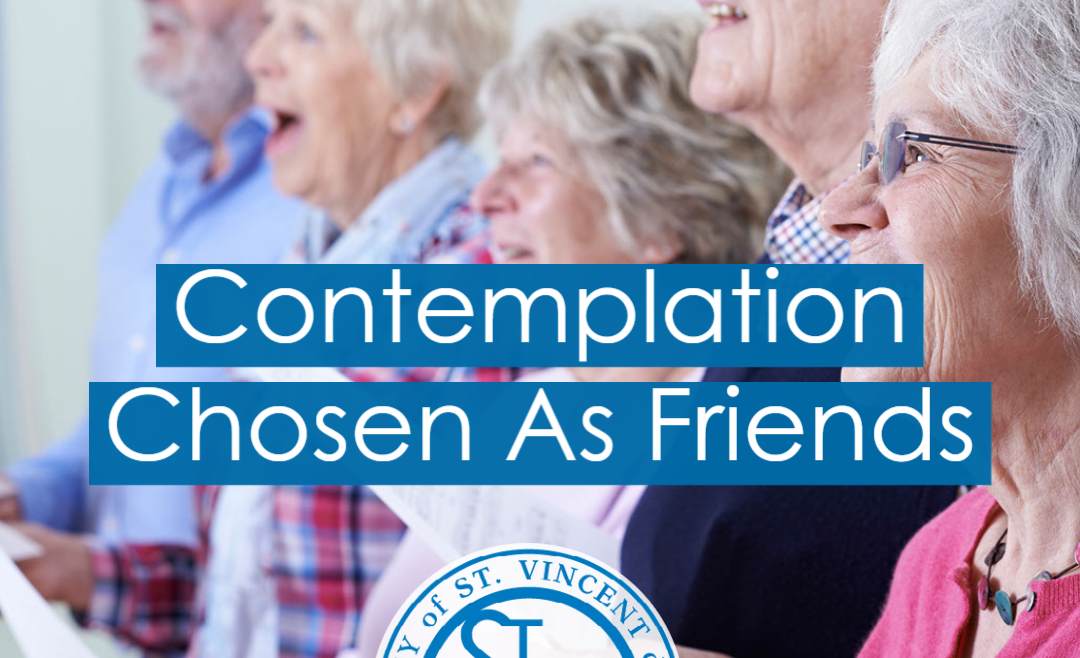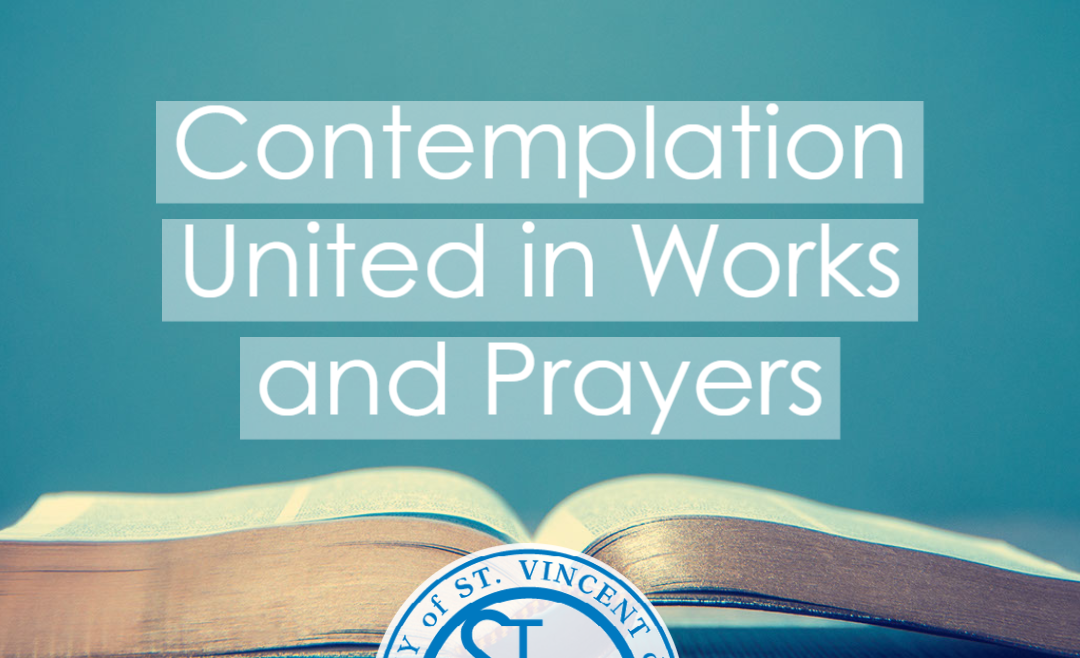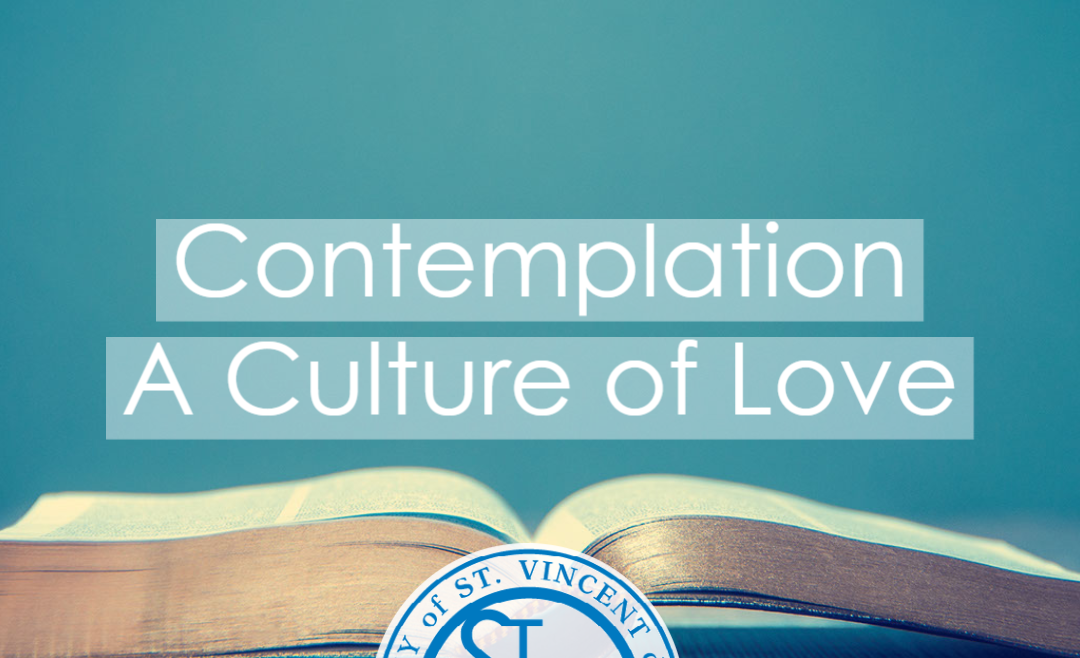At the heart of Vincent’s charism was a deep passion for the universal mission of the church. It was, after all, his taking of the general confession of the old man at Gannes, followed by his homily at Folleville which marked the beginning of the Congregation of the Mission. That, and every mission that followed, was designed to feed both body and soul, to nourish both individuals and communities.
With the founding of the Confraternities of Charity, the missions also included the foundation of a new Confraternity in each town visited, involving the laity in both the initial, and more importantly, the ongoing corporal and spiritual works of mercy. The people, rich and poor, could live their faith through their actions, and to encounter Christ in each other.
Vincent’s zeal drew him to offer the priests of the Mission to the church’s service not only in France, but in far flung lands where Christ’s word was yet unknown. The Vincentians not only ministered to the slaves of the Barbary pirates in North Africa but ransomed the freedom of twelve hundred of them, all the while showing the church’s beauty through their humble prayers and actions.
Vincent’s special zeal for these foreign lands was partly driven by his fear that “that God might gradually do away with {the church] … because of our depraved morals, those new opinions’ which are spreading more and more, and the general state of affairs… in another hundred years we may lose the Church entirely in Europe.” [CCD III:40-41]
Two hundred years later, young Frédéric Ozanam and his friends faced a world which, in his words, had “grown cold”, and it called “us Catholics to revive the vital beat to restore it, it is for us to begin over again the great work of regeneration…” [Letter 90, to Curnier, 1835]
This is the “good of the Church” that the founders were challenged to show, and their answer was not a debating response, not merely words, but actions, not merely actions but a way of living; of living their faith in every part of their lives, bearing witness to Christ’s love in their actions, and “by showing the vitality of their faith, affirm its truth.” [Baunard, 65]
This work was, and is, at the heart of the “new evangelization” Pope Saint John Paul II describes in Redmptoris Missio, reviving, as in Frédéric’s time, “a living sense of the faith.” Like the communities Vincent visited 400 hundred years ago, it is we who are first evangelized when we encounter Christ’s suffering in the neighbor. May they in turn see His love not in the bread we offer, but in its bringing; not in our works, but in our love; not in our presence alone, but in the presence of Him who is among us on each home visit, as He promised, when we gather in His name.
Contemplate
Will they know we are Christians by our love?

